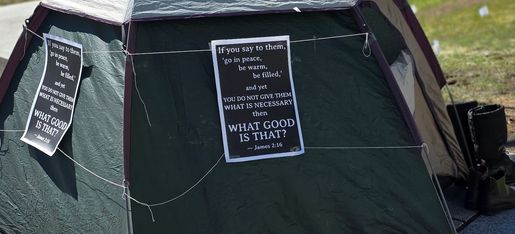WHO WE ARE
VIA is a multifaith, grassroots community organizing network that builds collective power to advance justice, equity, and human dignity. Rooted in the wisdom of our diverse faith traditions, we develop leaders, strengthen congregations, and unite communities to challenge the systems that cause injustice and to stand with those most impacted.
Join our Newsletter!

Extreme Cold Weather Shelter Locations
For more information, contact ecwsp@viavt.org. Activation dates will be shared with 211.
ECWSP site locations:
- Bennington County – Bennington County Coalition for the Homeless at St. Peter's Episcopal Church
- Chittenden County – Champlain Valley Office of Economic Opportunity at the Miller Center
- Northeast Kingdom – Northeast Kingdom Community Action at 371 Main St. Newport
- Rutland County – City of Rutland at the City Library
- Washington County – Montpelier Emergency Cold Weather Shelter, at the Teen Center (City Hall)
- Windham County – Brattleboro Emergency Winter Shelter at 1st Methodist Church